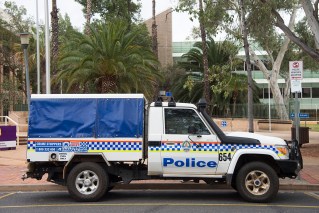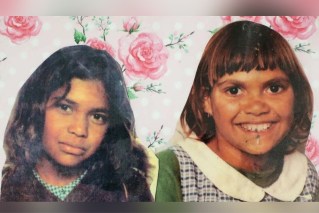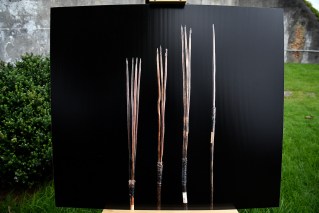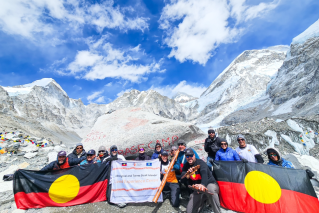Indigenous joy-riders get a lesson in respect and auto repair
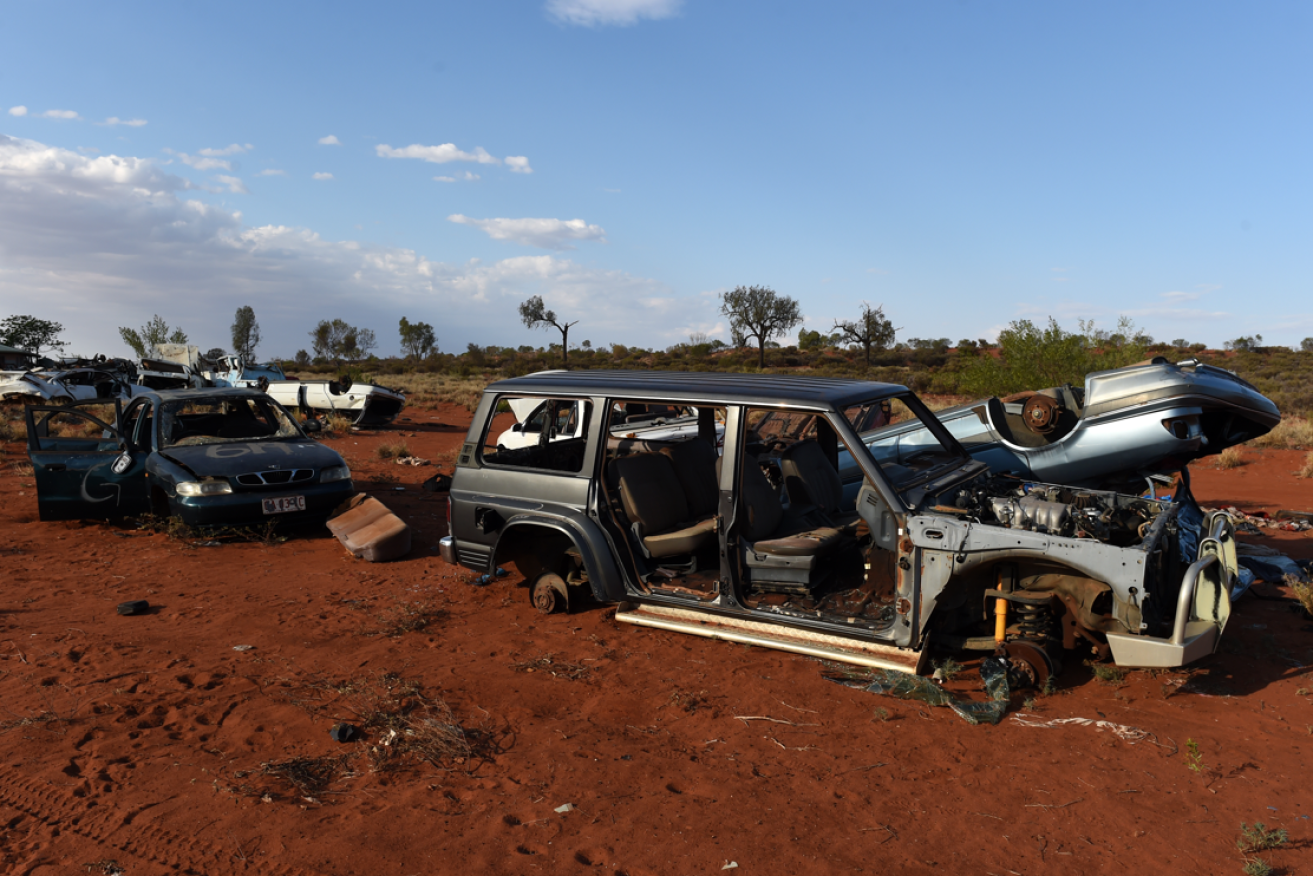
Rather than trashing other people's cars, Indigenous teens are learning the art and science of auto mechanics. Photo: AAP
An innovative program in north Queensland is hoping to encourage young First Nations people to take their love of cars to the workshop rather than the streets.
The Deterring Drivers program ran for six weeks in Townsville and combined education sessions on the dangers of joy-riding and the legal consequences of car theft with hands-on activities including panel beating workshops.
Seven Indigenous boys aged 13 to 16 took part in the Australian Catholic University pilot program, which aimed to reduce car thefts and encourage youths to engage in more social activities.
When asked how they first became involved in joy-riding, participants – whose real names are not being used – cited peer pressure, boredom and the enjoyment they gained from driving as well as a need to escape their circumstances.
The wrong crowd
Daniel, 16, said he took it up while attending a public school and hanging out with the wrong crowd.
He enjoyed attending the panel beating sessions the most as he was able to channel his passion for cars into practical, hands-on experience by fixing them.
Daniel and the other participants were shown how to spray paint, weld and use power tools to repair damaged cars – many of which had been damaged by joy-riding.
On the final day of the program, Daniel’s caseworker informed the research team that the young man had submitted his resume to the panel beating workshop and they immediately offered him an apprenticeship.
Lead researcher and Australian Catholic University criminology lecturer Shannon Dodd said the public often heard the best response to youth offending was the court system, which could mean detention centres.
“Our message is that there are potentially other and better avenues for helping young people and putting them on a pathway where they can live a better life,” Dr Dodd said.
She said initiatives like the Deterring Drivers program focused on a young person’s strengths and aimed to connect them with their community and provide job training rather than punishment.
Brendon, 15, said that joy-riding was just something to do.
‘You just want to have fun’
“When you’re out there and you’re a kid on the streets and you have mates that are doing that stuff, you just want to have fun with them,” he said.
“It’s like the root of the evil is your friends.”
The pilot program was developed by a team of experienced researchers with expertise in criminology, policing, road safety, psychology and health.
The boys also took part in recreational activities designed to combat feelings of social isolation, including a visit to a golf driving range and a high ropes obstacle course.
In the panel beating sessions, participants were encouraged to have a positive interest in cars in a safe and legal environment.
“Research suggests that young joy riders often are really interested in cars and certainly some of the young people told us they were obsessed with cars or wanted to be mechanics when they were older,” Dr Dodd said.
“Many of the cars at the workshop were there because they had been damaged through joy-riding and so they got to see the end result of joy-riding, to hear about how long the repairs take, how much it costs to repair and how long drivers would be without their vehicles for.”
-AAP



